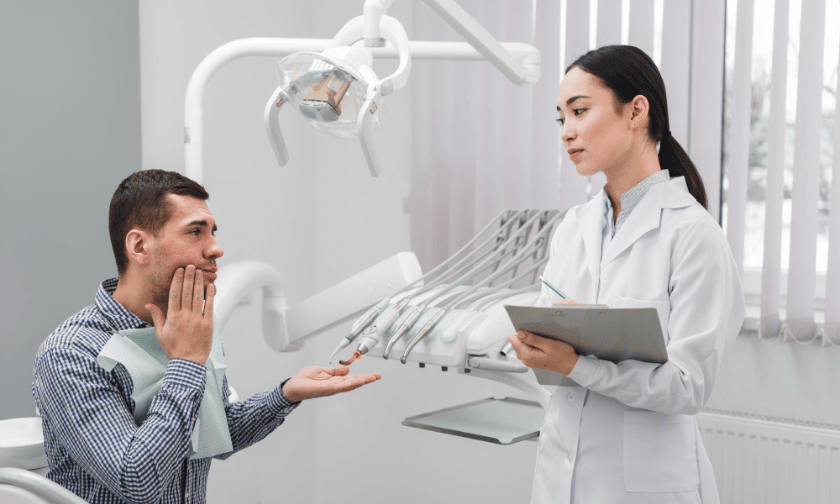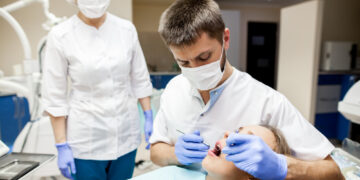There’s nothing quite like the panic that sets in when you have a dental emergency. Whether it’s a chipped tooth, intense gum bleeding, or a sudden, excruciating toothache, you’re left scrambling for solutions. So, what do you do? Who do you call? When do you really need emergency dental services? This guide aims to answer all these questions and more, setting your mind at ease in those critical, nerve-wracking moments.
Recognizing a Dental Emergency
First things first: not every dental issue requires immediate attention. A toothache, while painful, may not always signify a dental emergency. So, how do you differentiate between a minor dental issue and a full-blown crisis? Typical signs of dental emergencies include:
- Severe pain
- Heavy bleeding
- Swelling
- Abscess or pus
- Dislodged tooth
Immediate Steps to Take
Once you’ve identified your situation as a dental emergency, immediate action can often minimize the damage. Here are some steps to follow:
- Clean the Affected Area: Rinse your mouth with warm water to dislodge any debris.
- Stop the Bleeding: Use a piece of gauze to apply pressure to the bleeding area.
- Apply Cold Compress: Reduce swelling by applying a cold compress to the affected area.
- Seek Help: This is when you need professional emergency dental services.
When to Rush to the Dentist
Sometimes waiting for an appointment isn’t an option. Here are instances when you need to rush to a dentist:
- Tooth knocked out
- Broken jaw
- Extreme toothache with fever
- Rapidly spreading facial or gum swelling
Booking an Emergency Dentist: The Essentials
If you’ve determined that your situation requires an emergency dentist, consider these tips when booking your appointment:
- Check for credentials and reviews.
- Make sure the clinic offers the specific emergency services you require.
- Confirm payment options in advance.
Final Thoughts
Dealing with a dental emergency can be terrifying, but knowing what to do and when you need professional care can make all the difference. And remember, the best way to handle a dental emergency is to prevent it. Regular check-ups at a reputable dental practice can go a long way in keeping your teeth healthy and preventing unexpected issues.
FAQs
What qualifies as a dental emergency?
Severe pain, heavy bleeding, or a dislodged tooth typically qualifies as a dental emergency.
What should I do if my tooth gets knocked out?
Place the tooth in a cup of milk or saltwater and get to the dentist immediately.
Is a toothache an emergency?
Not always. A toothache accompanied by fever or swelling could be an emergency.
What should I keep in a dental emergency kit?
Essentials include gauze, tweezers, a small cup, and a list of emergency dental numbers.


 Home
Home









